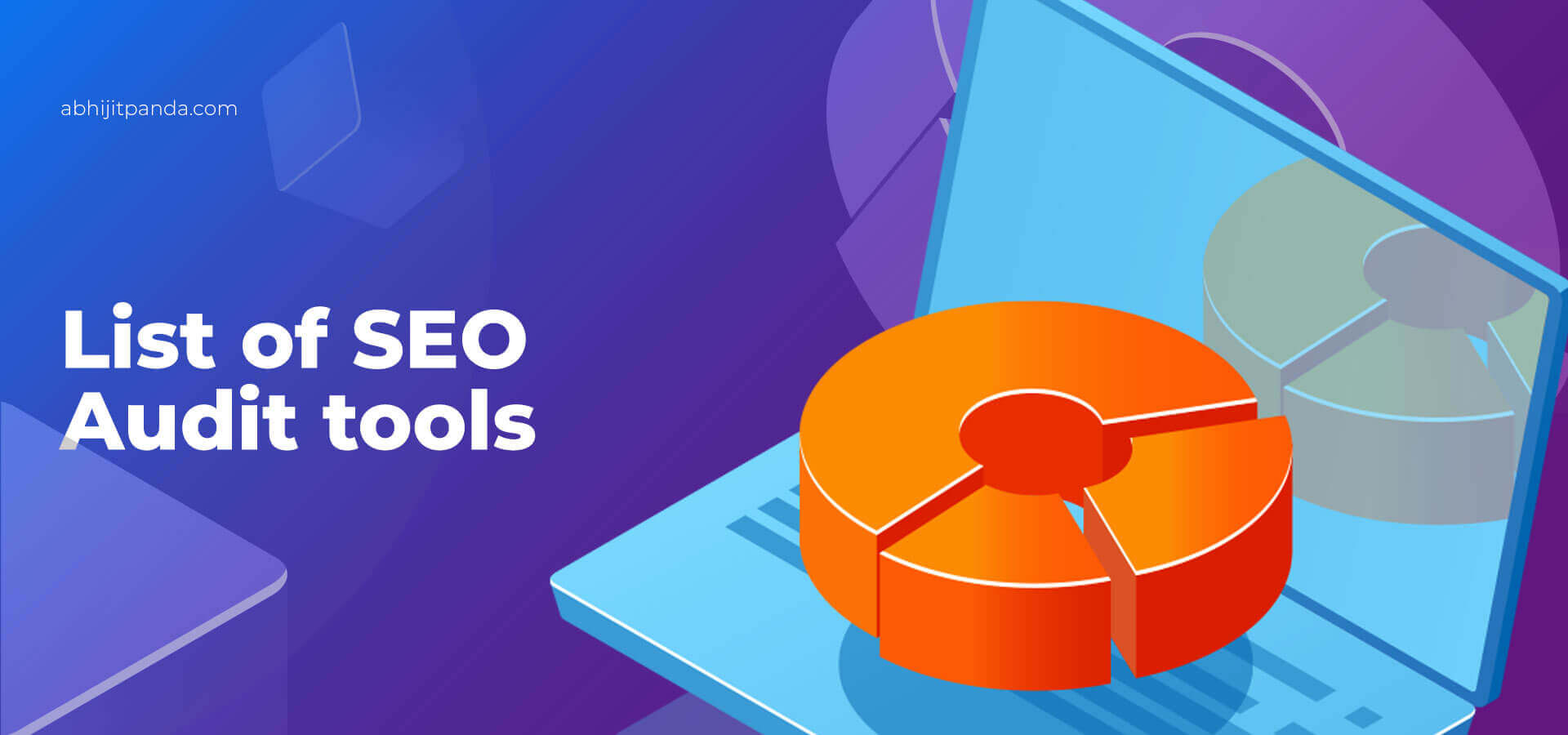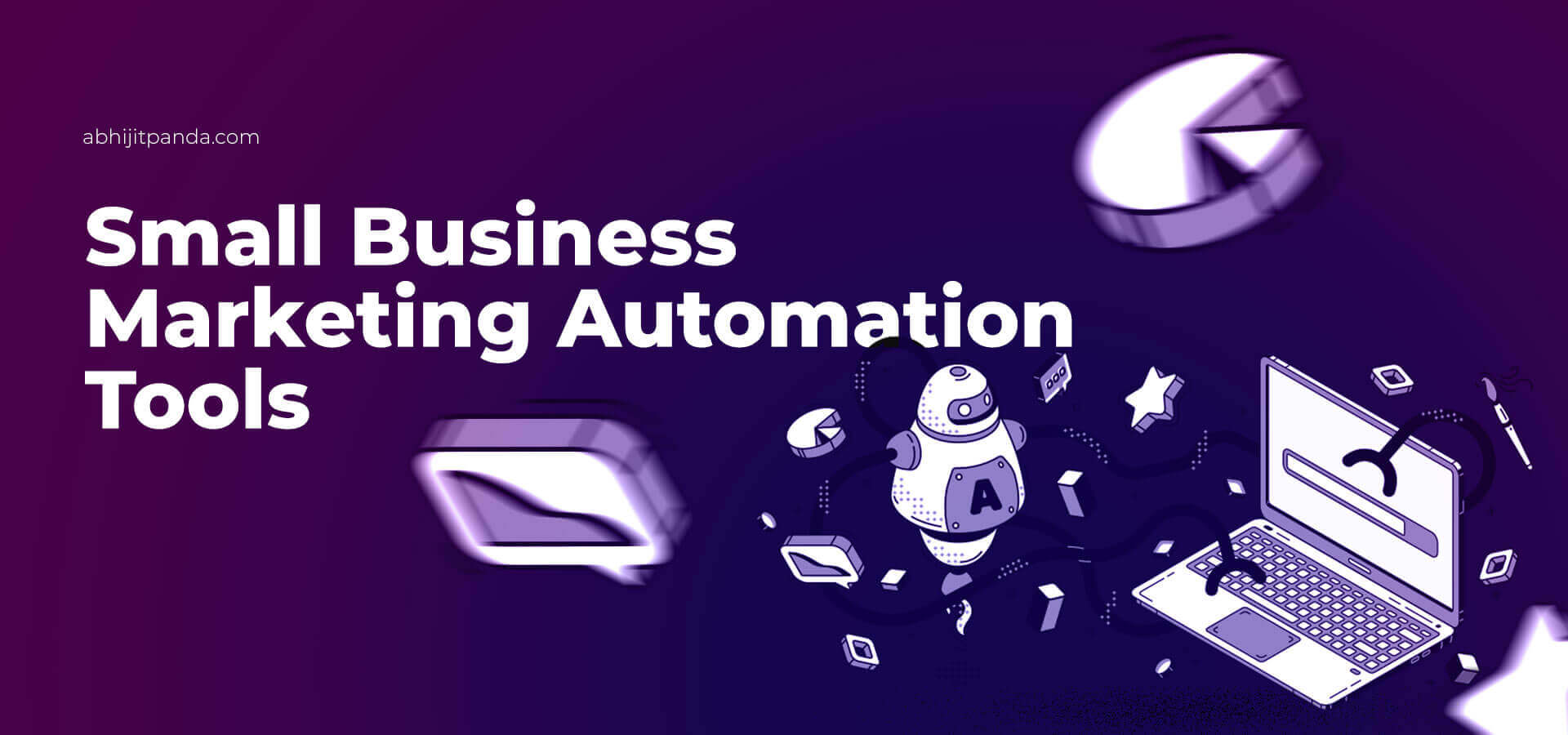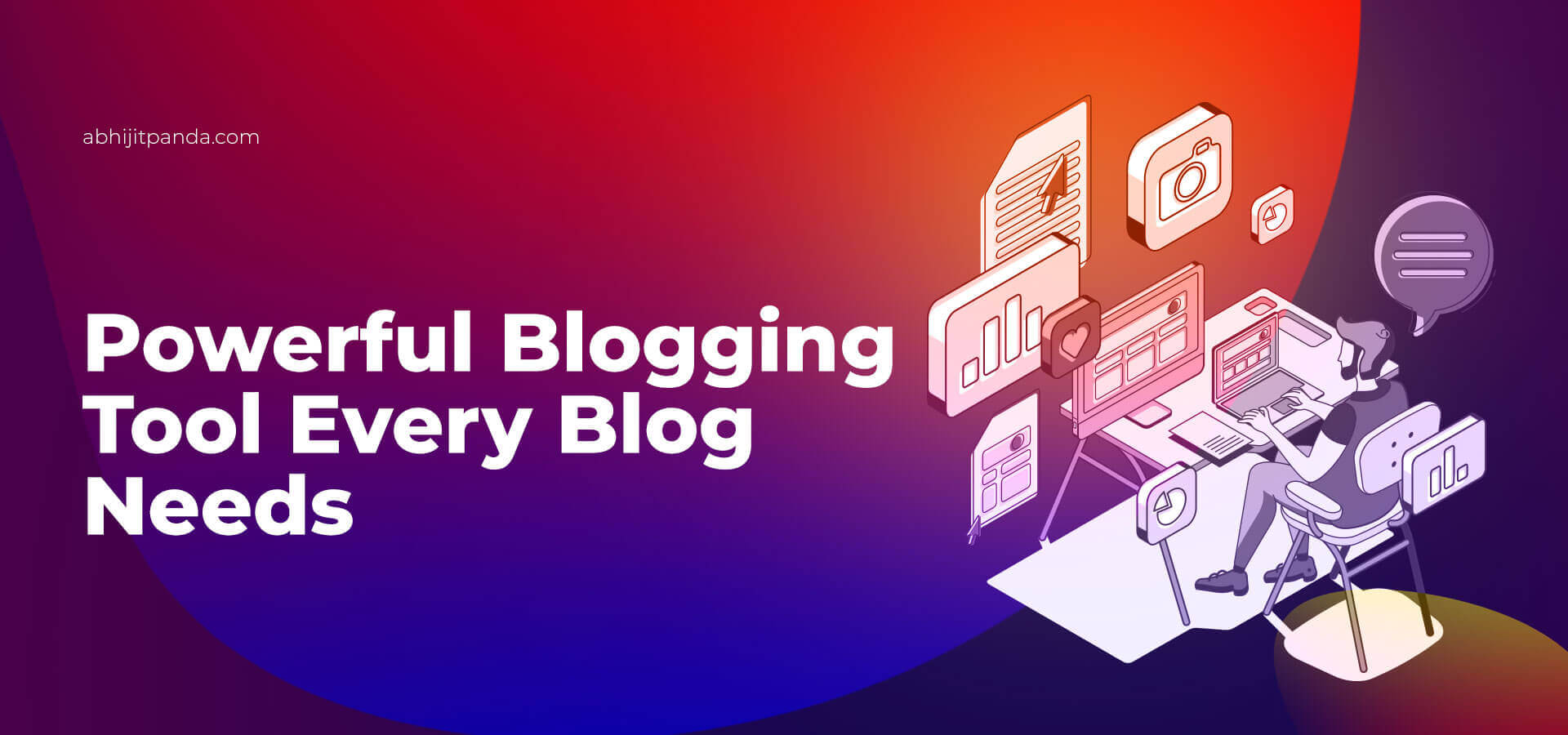 Future of Affiliate Marketing in India
Future of Affiliate Marketing in India
As a performance-based marketing strategy, affiliate marketing helps online retailers promote and sell products through influencers, entrepreneurs, marketers, and content creators. At the same time, it creates opportunities for students and working professionals to earn commission income by helping companies generate leads and sales.
Several market research studies project a consistent growth of the affiliate marketing business in India. According to a report published by the Internet and Mobile Association of India (IAMAI), the value of the affiliate marketing business is expected to cross ₹66168.07 million by 2025. Likewise, a report released by eMarketer projects the growth rate of the affiliate marketing industry in India at a CAGR of 16.3% in the near run.
These statistics and trends indicate that a significant percentage of online sales in the country is driven by affiliate marketing. Also, the affiliate marketing industry in India has been growing consistently and steadily. However, the growth of the Indian affiliate marketing industry is being driven by a slew of factors and conditions. We can analyze the future of affiliate marketing in India by discussing some of these key growth drivers.
Emerging Technologies Shaping the Future of Affiliate Marketing in India
To make your post more forward-thinking, include a section on emerging technologies influencing the future of affiliate marketing in India.
The future of affiliate marketing in India is being transformed by emerging technologies like artificial intelligence (AI), machine learning, and automation. These technologies are enabling more accurate targeting and personalization, boosting conversion rates for affiliates.
AI-Powered Targeting: AI algorithms analyze user behavior and preferences, allowing affiliates to recommend highly relevant products, increasing click-through rates (CTR) and earnings.
Automated Affiliate Campaigns: Platforms are integrating automation tools to optimize ad placements, manage links, and track performance, reducing manual effort for affiliates.
Blockchain for Transparency: Blockchain technology is being explored to enhance transparency and prevent fraud in affiliate marketing. It ensures accurate commission tracking and prevents disputes.
Chatbots and Conversational Marketing: AI-powered chatbots help affiliates engage potential buyers in real time, driving more conversions.
By adopting these technological advancements, Indian affiliates can streamline their operations, enhance efficiency, and boost revenue.
9 Growth Drivers That Will Shape the Future of Affiliate Marketing in India
Ecommerce Boom
Leading analysts attribute the affiliate marketing industry growth to the e-commerce boom. According to Statista, the number of online shoppers in India will cross 427 million by 2027. Affiliate marketers earn commissions by engaging online shoppers and influencing their buying decisions. They divert online shoppers to the partner merchant’s website by showing referral links, ads, or banners. The steady increase in the number of online shoppers will drive the growth of the affiliate marketing industry in India.
Many Affiliate Marketing Programs
An affiliate marketer has the option to join many affiliate marketing programs according to their expertise and preferences. For instance, he can earn commission income by joining leading affiliate marketing programs like Amazon Associates, Flipkart Affiliate Program, eBay Affiliate Program, and vCommission. Affiliate marketing programs run by e-commerce platforms create opportunities for affiliate marketers to promote and sell a wide variety of products.
Options and Opportunities
In India, a content publisher can join affiliate marketing programs in different capacities. For instance, he can promote the products or services of a specific merchant by joining its in-house affiliate programs. At the same time, he can evaluate and join the right affiliate marketing programs using affiliate networks. The affiliate networks connect merchants with content publishers by acting as middlemen. Hence, content publishers in India easily join the best-suited affiliate marketing programs.
No Upfront Investment
An individual can join high-paying affiliate marketing programs in India without paying any joining fees. Also, he can promote and sell products at zero cost by including affiliate links in social media posts. Based on the product or service, affiliate marketers in India can leverage popular social networking platforms like YouTube, X (formerly Twitter), Facebook, LinkedIn, and Instagram. Hence, it becomes easier for students and homemakers in India to become affiliate marketers without incurring upfront and ongoing costs.
Minimal Risk
In addition to procuring capital, business ventures expose entrepreneurs to a variety of risks. Many students and working professionals do not become entrepreneurs to avoid financial and legal risks. However, they can become affiliate marketers without managing any risks. They can stop affiliate marketing activities simply by deleting the affiliate links or editing the affiliate codes. Hence, affiliate marketing is gaining popularity among risk-averse individuals in India.
Passive Income Source
Several multinational companies made it difficult for working professionals to earn passive income by restricting moonlighting. Many working professionals earn passive income by running affiliate marketing campaigns after working hours. Likewise, affiliate marketing creates opportunities for students and homemakers to earn commission income by utilizing their free time. Hence, students, homemakers, working professionals, and entrepreneurs in India leverage affiliate marketing as a passive source of income.
Social Networks
The statistics compiled by Statista suggest that Indians spend nearly two and a half hours a day on social networks. In addition to using instant messaging apps like WhatsApp and Telegram regularly, Indians spend time on popular social networking platforms like Facebook, X (formerly Twitter), and Instagram. Affiliate marketing creates opportunities for Indians to monetize their social media activities. Social media users earn commissions simply by including affiliate links in their social media profiles and posts. Also, they drive targeted traffic and boost sales by posting interesting and engaging content on multiple social networks.
Flexibility to Upscale
No entrepreneur can upscale their business without careful planning and additional investment. However, an affiliate marketer can increase their commission income by upscaling affiliate marketing activities without increasing costs or complexities. For instance, he can earn more money by joining several affiliate marketing programs. Likewise, he also has the option to join several high-ticket affiliate marketing programs. Many affiliate marketers in India increase their income consistently by joining affiliate marketing programs according to their interests and expertise.
Digital Marketing Courses
Affiliate marketing differs from digital marketing in many aspects. However, Digital marketing courses provided by reputable institutions introduce affiliate marketing to learners, along with digital marketing tactics like search engine optimization (SEO), social media marketing, email marketing, and paid advertisement.
Many institutions further help learners become affiliate marketers by developing websites and sharing best practices. The real-time exposure helps many students and working professionals in India become affiliate marketers. Also, the training helps affiliate marketers increase commission income by implementing digital marketing strategies.
Rise of Niche, Micro-, and Nano-Influencers in India
Affiliate marketing in India is increasingly shifting from broad-reach celebrities to niche-focused micro- and nano-influencers, who often drive higher engagement and trust among targeted audiences. These influencers typically have smaller but highly engaged followings, enabling affiliates to tap into specific interests—such as regional hobbies, vernacular content, or specialized product categories—and achieve better conversion rates. Their authenticity and closer community bonds help overcome skepticism, especially in markets where word-of-mouth remains powerful. For the future of affiliate marketing in India, partnering with local micro-influencers can unlock underexplored segments in Tier-2 and Tier-3 cities by leveraging their strong grassroots connections. As platforms and brands recognize this value, affiliate programs will likely offer more tiered commissions or specialized campaigns tailored for micro-influencer collaborations. Marketers should therefore identify and nurture relationships with niche creators early to stay ahead of this trend.
AI, Automation, and Data-Driven Personalization
Emerging technologies like AI and automation will further transform affiliate strategies by enabling hyper-targeted, data-driven personalization at scale. AI-powered tools analyze user behavior, optimize campaign placements, and predict which products resonate most with specific segments, thus improving click-through and conversion rates. Automation streamlines repetitive tasks—such as link management, bid adjustments, and performance tracking—freeing affiliates to focus on creative strategy and relationship-building. In India’s context, where diverse consumer profiles coexist, leveraging machine learning to segment audiences by region, language preference, and purchasing patterns can yield more relevant recommendations. Over time, platforms may integrate AI-driven matchmaking between brands and affiliates, suggesting optimal partnerships based on past performance data. Affiliates who invest in learning and adopting these tools early will be better positioned to deliver consistent results as the ecosystem becomes more competitive.
First-Party Data, Privacy, and Regulatory Considerations
As privacy regulations tighten globally and in India, affiliate marketers must pivot toward first-party data collection and transparent practices. With third-party cookies phasing out, reliance on direct user relationships—via email lists, app interactions, or community platforms—becomes critical for tracking and personalization while ensuring compliance. Affiliates need to clearly disclose partnerships, adhere to India’s data protection frameworks (e.g., Digital Personal Data Protection Act), and follow ASCI guidelines for transparent advertising. Building trust through opt-in mechanisms, value-driven content, and secure data handling will not only satisfy legal requirements but also strengthen long-term audience loyalty. In the future of affiliate marketing, those who invest in privacy-first tools and practices will gain a competitive advantage as consumers become more conscious about how their data is used. Staying abreast of evolving regulations and adopting privacy-centric technologies (e.g., server-to-server tracking) will be key to sustainable growth.
Top Profitable Affiliate Niches in India
To make your post more actionable, add a section on profitable affiliate niches in India, helping readers identify high-conversion opportunities.
As affiliate marketing in India grows, certain niches offer higher earning potential due to rising consumer demand. Some of the most profitable affiliate niches include:
E-commerce and Online Shopping: With the surge in online shopping platforms like Amazon, Flipkart, and Myntra, affiliate marketers promoting e-commerce products earn substantial commissions.
Finance and Fintech: The growth of credit cards, loans, and insurance products makes the finance sector a lucrative affiliate niche. Indian fintech brands often offer high CPA (Cost Per Acquisition) payouts.
Health and Wellness: The increasing focus on fitness, supplements, and organic products creates opportunities for health-related affiliate programs.
Online Education and E-learning: With the rise of online courses and ed-tech platforms, promoting educational products has become a profitable niche.
Technology and SaaS Products: Promoting software, tools, and gadgets offers high commissions, especially with recurring revenue models.
Case Studies: Success Stories of Indian Affiliate Marketers
Case Study 1: Harsh Agrawal (ShoutMeLoud)
Harsh Agrawal is one of India’s top affiliate marketers, earning over $30,000 per month through affiliate marketing. His blog, ShoutMeLoud, promotes web hosting services, SEO tools, and WordPress products, making him a leading figure in the Indian affiliate marketing space.
Case Study 2: Kulwant Nagi (Affiliate Booster)
Kulwant Nagi runs AffiliateBooster.com, a website that educates individuals on affiliate marketing strategies. He earns six figures annually by promoting web hosting and software affiliate programs.
Case Study 3: Pardeep Goyal (CashOverflow)
Pardeep Goyal is an affiliate marketer specializing in personal finance and investment products. His blog, CashOverflow, generates revenue through credit card and investment product referrals, making him a well-known affiliate expert.
Challenges and Common Mistakes in Affiliate Marketing
To add value for new affiliate marketers, include a section highlighting common challenges and mistakes they should avoid.
While affiliate marketing offers significant earning potential, many beginners face common pitfalls that hinder their success:
Promoting Low-Quality or Irrelevant Products: Some affiliates prioritize high commission rates over product quality, which damages credibility. Focusing on relevant and trustworthy products is key.
Neglecting SEO and Content Quality: Failing to optimize content for search engines limits visibility. Affiliates must invest in SEO strategies to attract organic traffic.
Not Tracking Affiliate Links: Some affiliates overlook link tracking, resulting in lost commissions. Using tools like ThirstyAffiliates or Pretty Links ensures accurate tracking.
Ignoring Compliance and Disclosure Rules: Failing to disclose affiliate relationships can lead to legal issues and loss of trust. Affiliates should include clear disclaimers.
Overlooking Email Marketing: Many affiliates ignore email marketing, missing out on repeat sales and conversions. Building an email list boosts long-term affiliate revenue.
The Future of Affiliate Marketing Regulations in India
To make your post more authoritative, add a section covering potential regulatory changes and their impact on affiliate marketing in India.
As affiliate marketing in India continues to grow, regulatory frameworks are evolving to protect both consumers and marketers.
Data Privacy Regulations: With the introduction of India’s Digital Personal Data Protection Act, affiliates must comply with data privacy laws when collecting user data.
Advertising Standards and Disclosures: The ASCI (Advertising Standards Council of India) enforces guidelines requiring clear disclosure of affiliate relationships to promote transparency.
Tax Implications: Indian affiliate marketers earning substantial income may face TDS (Tax Deducted at Source) and GST compliance.
Cross-Border Affiliate Marketing Regulations: With global affiliate partnerships becoming common, Indian marketers need to be aware of international tax laws and compliance.
By staying informed about regulations and legal obligations, affiliates can ensure compliance and avoid penalties.
Conclusion
Affiliate marketing creates opportunities for individuals and businesses to earn commissions by generating referral leads. In India, students, homemakers, and working professionals become affiliate marketers to earn passive commissions. At the same time, influencers, entrepreneurs, and content creators earn commission income by joining high-ticket affiliate marketing programs.
At present, an individual or business in the country can sign up for many affiliate marketing programs. Several studies suggest a surge in the number of affiliate marketers earning recurring commission income using referral links. However, we must remember that the future of affiliate marketing in India will be shaped by several factors and trends.








Leave a Reply